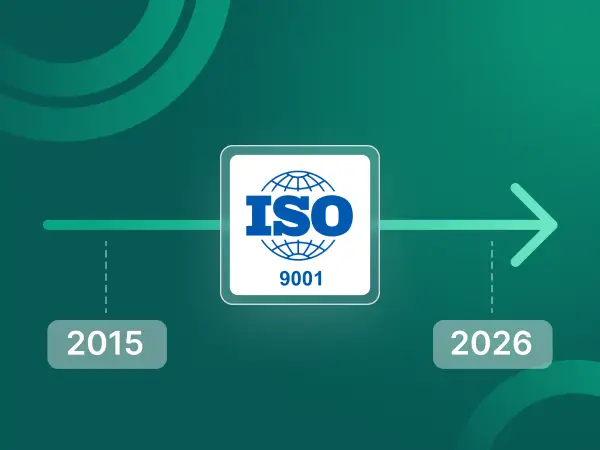How to measure the real impact of the food sector: the Socio-Environmental Impact Index of the Agri-Food Supply Chain (ISFA)
What is ISFA
The Socio-Environmental Impact Index of the Agrifood Supply Chain (ISFA) is a synthetic index that quantifies the environmental, social and governance (ESG) impacts of a product along the supply chain, expressing them in a single monetary value that represents its “hidden cost”.
This approach offers the possibility of having an integrated overview, overcoming the fragmentation of individual certifications.
The 'hidden cost' of the product is the sum of its external costs, i.e. the harmful impacts on the environment and society (including producers and consumers) not reflected in the market price. It's like buying a low-cost product without realizing that a second invoice will arrive, delayed and charged to everyone, for the damage caused.
Application of ISFA to 7 key supply chains in the Italian market
With a view to indicating the hidden costs of food, the study focused attention on seven key agri-food chains in Italy and Europe:
- bakery;
- pasta;
- preserves;
- frozen foods;
- meat and cold cuts;
- dairy products;
- fruit and vegetables.
During the development phase of the study, the sustainability reports of about twenty leading companies in the agri-food sector were analyzed. This approach has made it possible to identify the ESG issues considered most relevant by the sector itself, ensuring that the ISFA index focuses on the most significant impacts and reflects an industry consensus on priority challenges.
The methodology used follows four phases:
- frame objectives and perimeter;
- map and select material impacts;
- measure and monetize indicators;
- act by translating results into business choices.
Finally, the results were reported in graphs that show the gap between the market price and the real cost of the products analyzed.
However, the ISFA index is not just a measurement: it guides investments, procurement, R&D and communication, facilitates CSRD reporting and allows benchmarks between suppliers/countries. In fact, monetization makes actions and priorities comparable and paves the way for business cases for efficiency and innovation.
What you'll find in the free white paper
- An analysis of what are the main externalities of the agri-food sector.
- An overview of the key food supply chains in Europe.
- An explanation of what the Socio-Environmental Impact Index of the Agrifood Supply Chain (ISFA) is.
- The practical application of the ISFA index on 7 key supply chains.




























